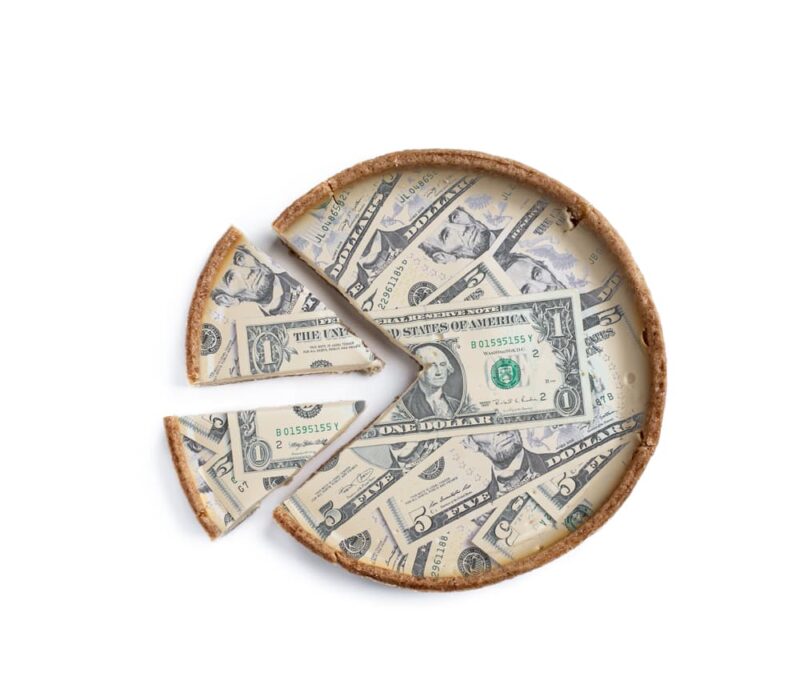Rewards and incentives programs are essential business tools to help you rally your teams and move the needle on your overall goals. Success is built around achieving actual results, such as sales goals or reaching new markets, so it’s easy to track the ROI of your rewards and incentive programs. But, unless done effectively, incentive and recognition programs may only benefit a smaller portion of your organization, like your top performers or your sales team. Chances are, there’s a large portion of your team that desires more from you. This is where recognition programs are a critical component of your culture.
Worried your reward and recognition program isn’t reaching enough of your team? You need a good partner.
We now live in a world where we can just about work from anywhere, including a beach chair. Employees are more discerning about their choice of employer, carefully weighing the work/life harmony, employee benefits, and workplace culture. Are you doing all you can to keep your existing employees? Turnover is costly, and it negatively affects an organization’s budget and its ability to create a well-functioning team. That’s why focusing on retention is important, and this is where recognition programs shine.
According to a report by Inspirus, recognition programs can reduce turnover by 31 percent and absenteeism by 41 percent. Plus, they make the workplace more fun by increasing employees’ feelings of inclusion and overall happiness. What about your remote workers? Recognition programs can help with this, too. This report also estimates a 31 percent increase in productivity, which is even more pronounced among remote workers.
Recognition programs are central to a strong company culture. Let’s learn more:
Is a recognition program different than an incentive program?
Yes, but all are valuable. One program shouldn’t replace another. Instead, they should all work in harmony to elevate your employee experience and enhance your workplace culture. Incentive programs recognize top performers. Recognition programs are more inclusive and allow you to recognize everyone on your team.
How often should I recognize my team?
As often as possible. We tend to wait for a “reason” to celebrate our team, whether that’s after securing a major win, or celebrating a milestone service anniversary. Throw those old ways out the window. You can strengthen connections with your team by offering “Surprise and Delight” employee gifts for no particular reason at all. Or reward points to your employees that they can redeemed at any time on a reward platform. Better yet, don’t leave all of the recognizing to the leader. Encourage peer-to-peer recognition, which is also important for building a successful team and a welcoming atmosphere.
How much should I budget for recognition programs?
This is always the million-dollar question, and there’s no easy answer. The Incentive Research Foundation states a general rule of thumb of budgeting 1.5 to 2 percent of your payroll to your enterprise recognition program. This should be a separate budget from your incentives and reward programs. Get started with The Incentive Research Foundation Recognition Program Budget Calculator. The tool requires you to input your total number of employees and target annual award budget per employee, then it uses industry averages and best practices to offer general budgeting guidelines for widespread employee recognition programs.
When should I start?
Now! According to our survey of 3,000 U.S. employees across various industries, 74 percent of employees were likely to stick with their employer if they felt like they were being recognized. You don’t need to wait for your fiscal year to begin before you start implementing recognition practices. Verbally recognize an employee for a job well done. Highlight a member of the team for exemplary work. Gather your team in a meaningful way. Even little steps can go far when it comes to recognizing your employees.
Your employees want to know they are valued. They want to know they belong. They want to hear from their leaders. Recognition programs can enhance corporate culture and reduce turnover, which all leads to business success.
Get in touch with us today.

Richelle Suver
Richelle Suver is a leader in performance improvement and marketing services in North America. Richelle oversees One10’s go-to-market strategy and its Incentives & Recognition business segment which includes global rewards as well as technology development for One10’s propriety performance improvement platform, PerformX. Suver brings a seasoned background to One10, having held leadership positions in marketing, sales and product management for enterprise recognition and incentive technology solutions. She is an active member of the Cincinnati chapter of the Network of Executive Women (NEW) and a member of Women in Business Networking (WIBN), in which she was named Top 25 Women to Watch in 2013. Over the last 20 years, Suver has published articles and spoken on incentive and recognition best practices.



